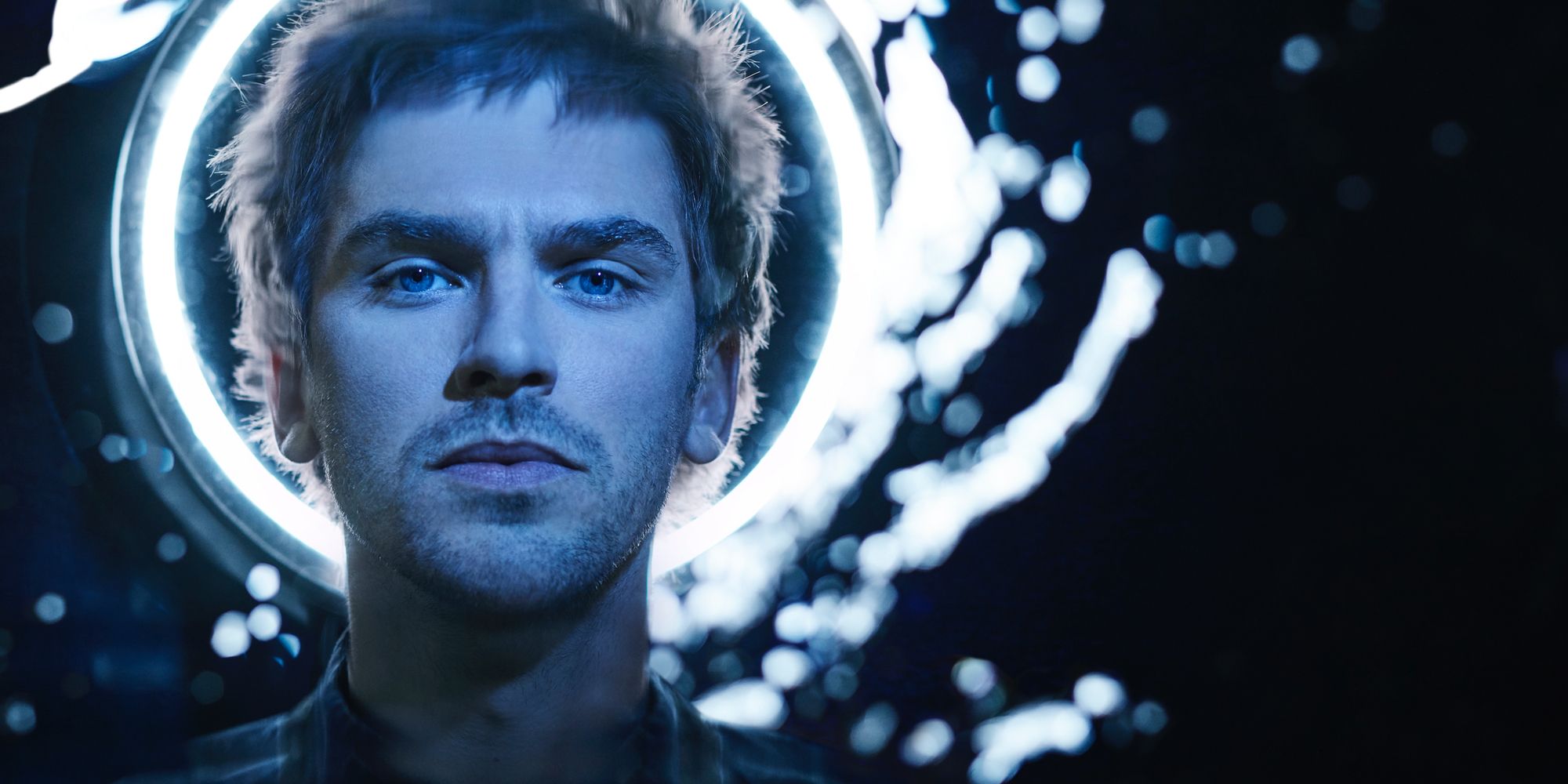Legion, FX’s Marvel Mutant series is set to begin season 2 next month, bringing new challenges to its characters that will force the incredibly powerful David Haller to confront his relationship with reality. That confrontation begins with the time jump that was detailed by series creator Noah Hawley at the beginning of 2018. As it turns out, moving the series forward in time will have a dramatic effect on the show’s main character, especially since his experience of that time is remarkably different from everyone else in the series.
Although intentionally disorienting — you shouldn’t really expect anything else from Legion at this point — the time jump serves many purposes, chief among them, maintaining a sense of mystery regarding David’s backstory, the true nature of his powers, and his relationship with the Shadow King, despite seemingly arriving at a point of resolution in season 1. But it also allows Legion to continue David’s on again, off again relationship with reality itself.
Related: Legion Season 2: First Look At The New Shadow King
Series star Dan Stevens suggested as much in a new interview with Collider. The actor says that David’s perception of time since being abducted by a strange orb during a post-credits sequence following the season 1 finale is going to be different from that of Syd, Melanie, and his other teammates at Summerland. Moreover, even though the Shadow King was successfully purged from his psyche, David’s problems haven’t necessarily been resolved; there’s still plenty of conflict headed his way. Stevens said:
“For David, it hasn’t been a year, so he’s getting his head around that, for a start. For everybody else, it’s been a year and a lot has happened in that year. David has had another strange experience. He thought his problems maybe were solved with the expulsion of the Shadow King, but actually, it’s not that simple. So, far less time has passed for David. When we find him, he’s coming to terms with a whole new bend on reality.
There’s still a lot of internal conflict in David. If you know the comic books, there’s still quite a few characters left in there that we’ve gotta deal with, at some point. Shadow King was a big deal, and there are some structural changes. The structure of the components of David have been reshuffled and they’re reconfiguring, at the same time that there’s this external threat and everybody is becoming much more aware of that. There’s a partnership with Division 3 that wasn’t on the cards, last time he checked. That’s strange. It’s an interesting thing where everybody assumes that this externalization means that everything is pretty straight forward and everything is gonna be great, and we’ll solve this war situation, but it’s never that simple.”
“Simple” isn’t a word many people would use to describe a series like Legion. Whether you think that’s one of its failings or its greatest attribute depends on the mileage you get from the ambiguity and mind-bending nature of its storyline. From what Stevens is describing, though, it sounds as though Hawley and his writing team have found a way to maintain the show’s unique sensibilities while also allowing the story to move forward.
One way the story is progressing is in giving Amahl Farouk, aka the Shadow King, a chance to run around outside of David’s brain, giving the series that “external threat” Stevens was talking about. That can lead to any number of scenarios with a show like this, so, if anything, it will be interesting to see how the series balances that threat with the uncertain relationship to reality the show and its main character have.
Next: Spring 2018 TV Premiere Dates: New and Returning Shows To Watch
Legion season 2 premieres Tuesday April, 3 @10pm on FX.
Source: Collider


